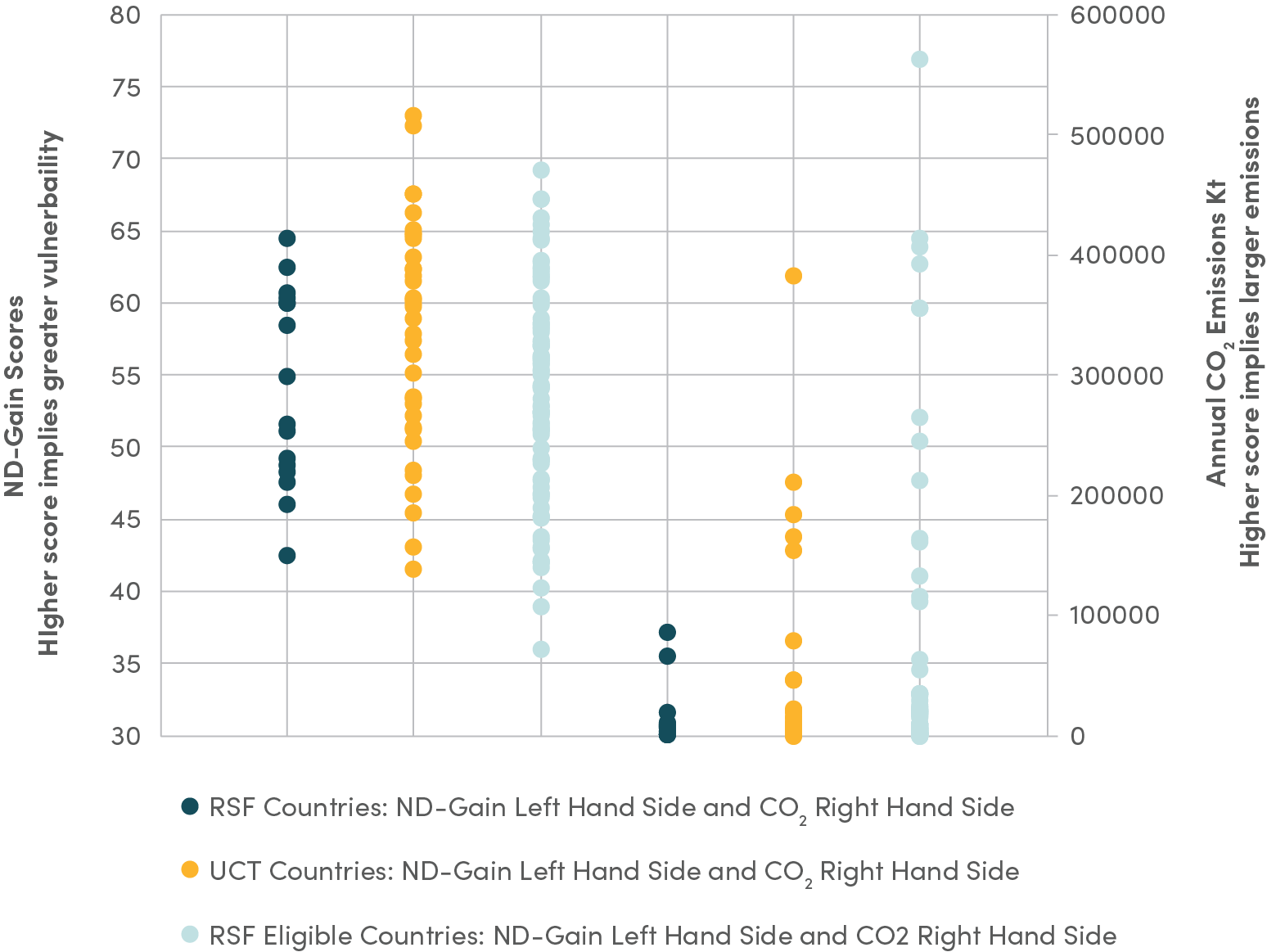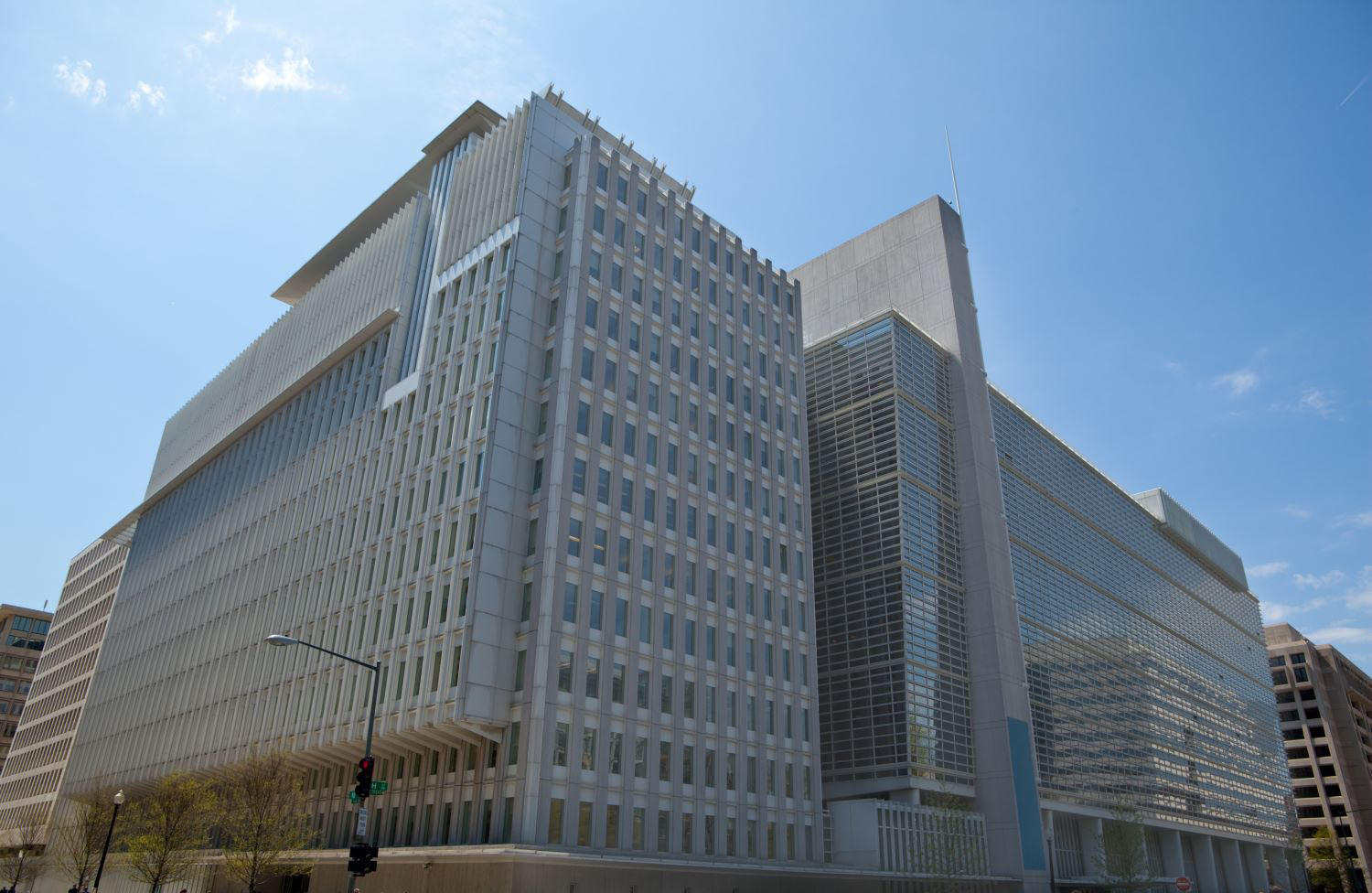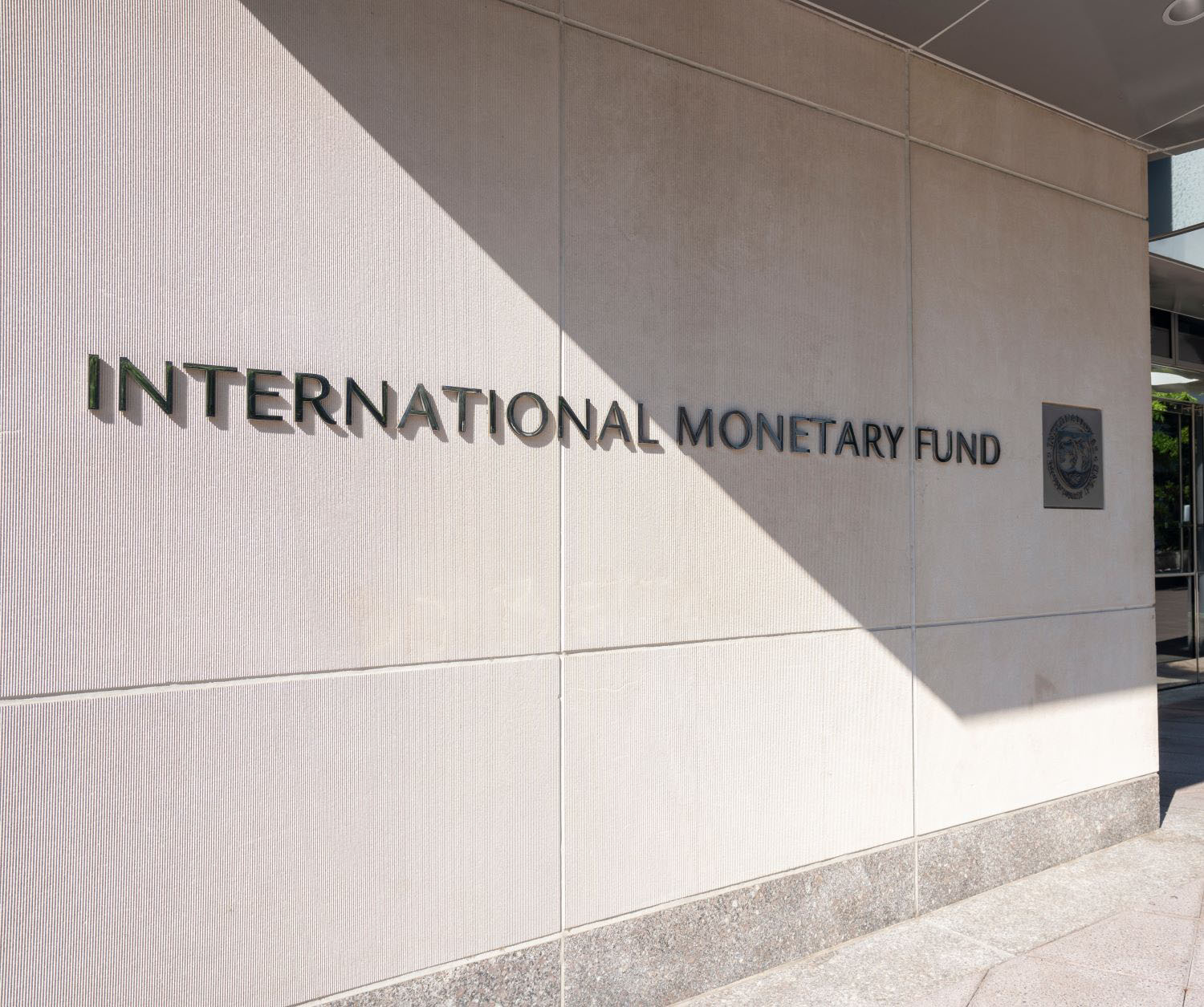Update: President Trump announced on Thursday, June 1st that the United States will withdraw from the Paris Agreement.
A decision by President Trump to remove the United States from the 2015 Paris climate agreement would be a shameful act of self-harm. The decision would hurt everyone in the world, and poor people most, by making it harder to avoid a future of bigger storms and fires, disappearing coastlines, and tougher crop-growing conditions. But the most severe and immediate harm would be to the United States, which by banishing itself from the community of nations trying to prevent dangerous climate change would irrevocably damage its global standing.
For those just tuning in, the Paris Agreement is the world’s main international effort to prevent and respond to climate change. It sets a long-term goal for global greenhouse gas emissions to peak as soon as possible, decline rapidly, and reach near-zero in the second half of the century. The government signatories—which as of today include all but Nicaragua and Syria—send a powerful collective signal that the future they want is low-carbon: energy without fossil fuels; agriculture without deforestation.
The Paris Agreement works by each country voluntarily taking actions to reduce climate emissions. In the US’ case these actions include the Clean Power Plan, fuel economy standards, methane regulations, and so forth, all of which Trump has been weakening through executive orders. The voluntary nature of the Paris agreement means they collectively get us only halfway to a stable climate, but it also means that there are no encumbrances that are avoided by leaving.
The Paris Agreement will go on as planned, with or without US participation. Indeed, the agreement was ratified by countries at record pace in order to have it come into force before a possible Trump Administration—in hindsight a prudent maneuver. And although there’s no substitute for strong federal climate policies, actions toward a safer climate will go on within the US too, with state-level climate policies and increasing adoption of renewable energy due to technological advances and falling costs.
Pulling out of the Paris Agreement hurts the US
A decision to leave Paris would harm the US in multiple ways. Americans would suffer more from climate-charged fires and floods. International rules on climate would be made without American input, meaning fewer opportunities for US companies to take advantage of a growing low-carbon economy. But the biggest loser from this decision would be the United States’ standing in the rest of the world, where climate change is seen as the world’s greatest threat by the most countries.
For years to come, millions of parents would attempt to explain to their children why Donald Trump didn’t want them to grow up on a planet with a stable climate. The global goodwill which the US has earned on climate would ebb to Europe and China, which have reaffirmed their commitment to climate action and the Paris Agreement regardless of what the United States does. It’s not just governments that would be more reluctant to deal amicably with the United States. Companies would be less likely to sign deals with American businesses than their overseas competitors. Individuals would choose to study, work, vacation, and buy their products elsewhere.
Leaving Paris would be part of a pattern by the Trump Administration of disowning US leadership on multilateral issues that are too big for any nation to solve on its own: Global health and disaster response. Trade. Even defense. Each of these abdications in turn diminish America’s stature in the world even as they harm old friends who have counted on us. But when future historians look back to pinpoint the exact moment when the US irrevocably ceded international leadership to others, leaving Paris would be it.
CGD blog posts reflect the views of the authors, drawing on prior research and experience in their areas of expertise.
CGD is a nonpartisan, independent organization and does not take institutional positions.





